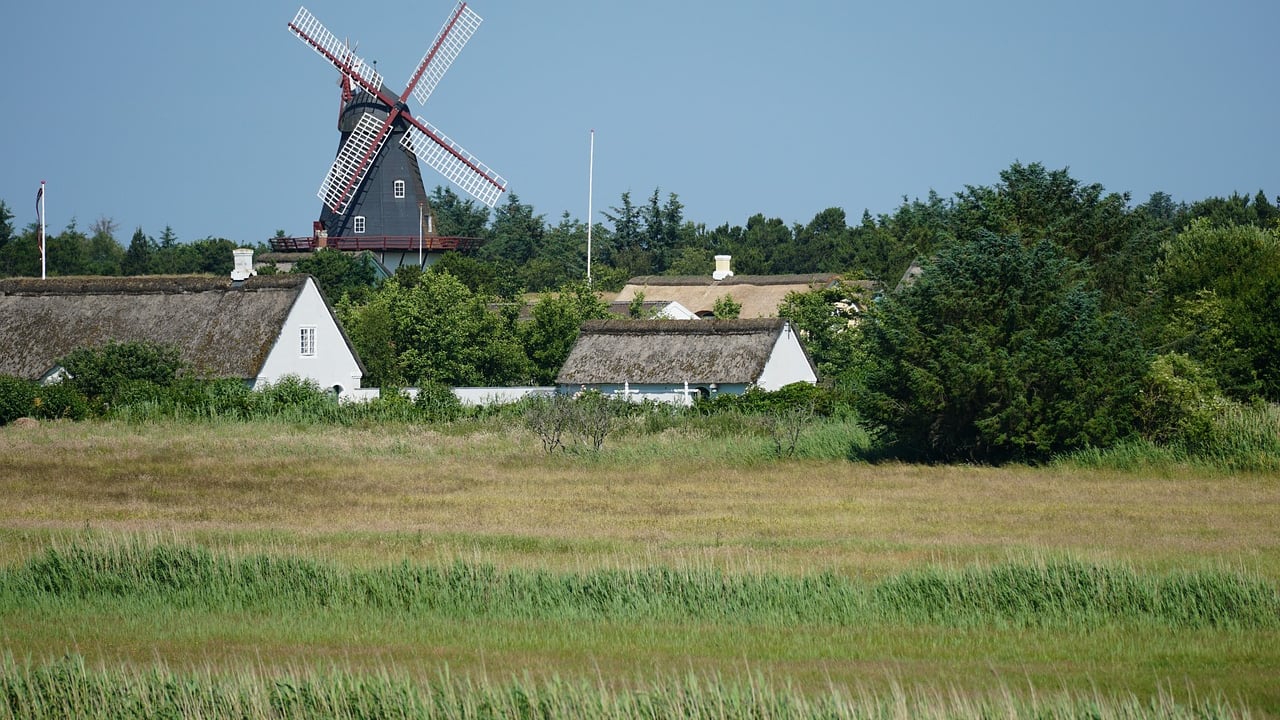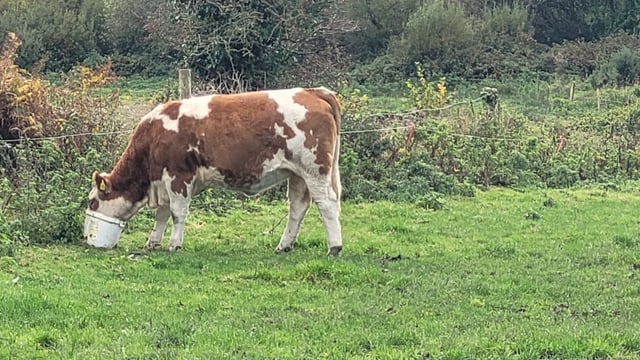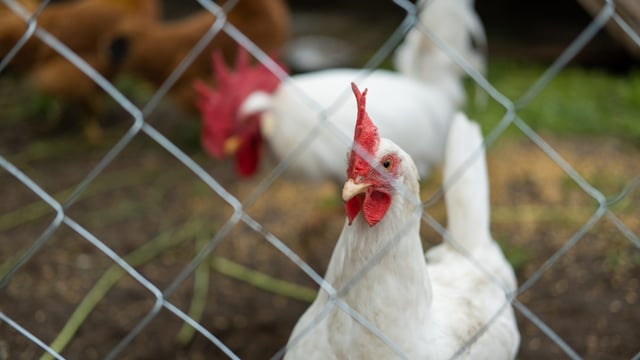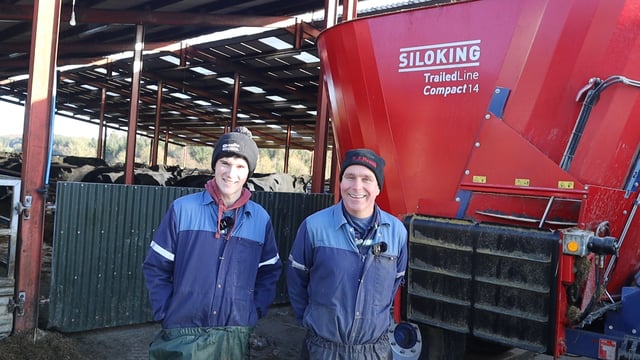Denmark to push for cow methane pricing across EU
The Danish government is making efforts to push for emissions pricing on methane from livestock across the EU in line with its own tax on production.
That's according to Johannes Flatz of CONCITO, an environmental think thank in Denmark.
He spoke on a webinar this week organised by Ireland's Institute of International and European Affairs (IIEA).
The webinar was titled "Denmark's Green Tripartite Agreement: A New Model for Ireland's Agriculture and Climate Policy?"
Denmark's Green Tripartite Agreement is a tax on biogenic methane emissions from cattle.
It will mean that Danish farmers will initially have to pay a CO2 tax of 300 kroner (€40) per tonne of methane on emissions from livestock from 2030.
This will then increase to 750 kroner (over €100) by 2035.
A majority of the main political parties in the Danish parliament have backed the tax, and 43 billion kroner (€5.77 billion) will be allocated to finance the "reorganisation" of the Danish landscape.
However, Flatz indicated on the IIEA webinar this week that the political establishment in Denmark believes that emissions pricing similar to its own model will have to be pursued across the EU in order for it to be fully effective.
He said: "The Danish government also had a mandate in the agreement that it has to push for a similar solution on an EU level, and currently the Danish government holds the presidency of the EU council, and with that can push a lot of these points on the agenda, and they are pushing emissions pricing in agriculture.
"Of course there is a big concern for Danish farmers and that’s the problem of carbon leakage. If production is affected here in Denmark, the possibility that production moves to another EU country because of the free market, that of course is a big concern." he added.
"So the idea here is to create a level playing field, that emissions are priced all over the EU, and then you can ensure that carbon leakage within the EU countries would be eliminated."
He said that carbon leakage outside the EU single market can be prevented with a carbon tariff, and cited the controversial Carbon Border Adjustment Mechanism (CBAM) as a way to do that.
"So the [Danish] government is trying to push for something that’s resembling the Danish tax model as closely as possible. Taxes on an EU level are very difficult to implement because all EU countries would have to agree on that, it's not just a majority question," Flatz said.
However, he added that extending the EU Emissions Trading System (ETS), which already applies to the industrial and energy sectors, to the agriculture sector as well may serve that purpose.
Flatz said that the European Commission is currently looking into extending the ETS in this way, and that it will soon publish a report on how emissions from agriculture can be reduced, and what methods can be used to do so.
He said that voluntary methods, such as carbon credits for farmers that choose to implement emissions reduction measures, would not be as effective in incentivising emissions reductions.
"So we are recommending an 'Ag ETS', an agri-food emissions trading system, where either downstream processors pay for the emissions of the meat and dairy that they are buying from farmers, or farmers themselves are trading for emissions credits for emissions reductions," Flatz said.





